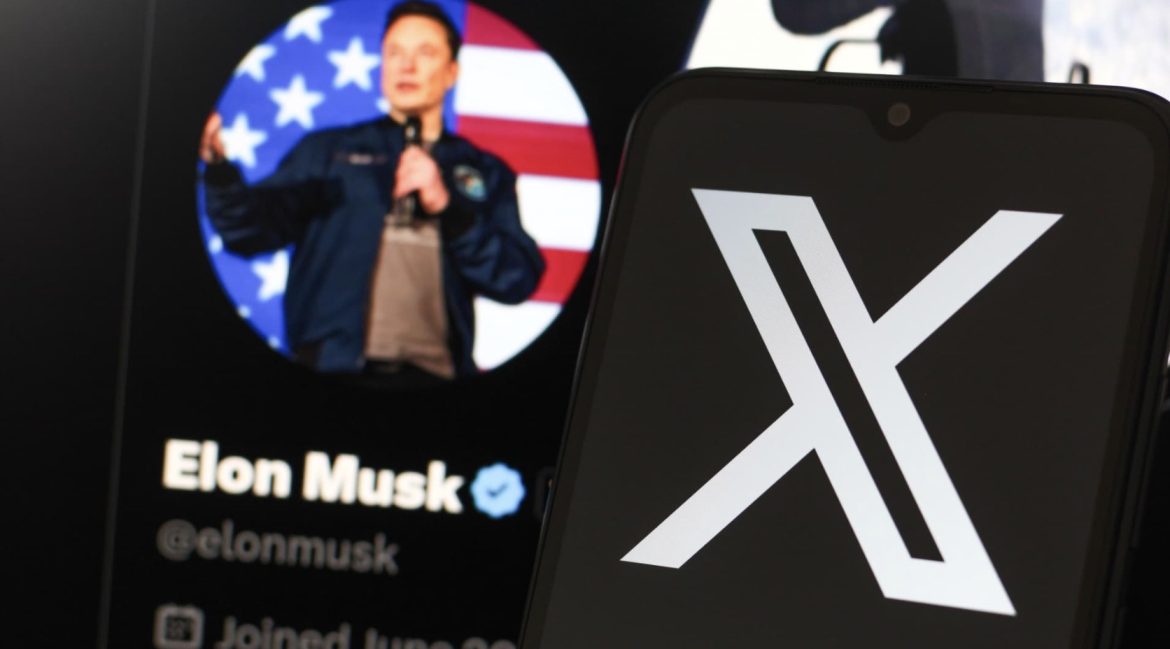
Thomas Fuller | SOPA Images | Lightrocket | Getty Images
A judge has decreed that X and xAI’s case against Apple and OpenAI, alleging they are attempting to uphold monopolistic control in artificial intelligence sectors, is to remain in federal court located in Fort Worth, Texas, even though there are “at best minimal connections” to that region from any involved businesses.
Judge Mark Pittman, in a notably ironic four-page ruling issued on Thursday, urged the companies to move their headquarters to Fort Worth, considering their desire for the antitrust case to be addressed there.
In a footnote, he even directed companies to the site of the Business Services unit of the City of Fort Worth “to initiate the relocation process” to that location.
Pittman’s ruling implicitly targets the trend among some plaintiffs of a conservative inclination filing lawsuits in the Fort Worth division of the U.S. Northern District of Texas courts to boost their odds of obtaining favorable verdicts from the two active judges there, both appointed by Republicans.
Such plaintiffs have included X and Tesla, both overseen by billionaire Elon Musk, who, until recently, was a prominent advisor to President Donald Trump.
Pittman, appointed by Trump, has been vocal about his disapproval of strategic lawsuit placement in specified judicial districts, a practice known as forum-shopping.
In his ruling on Thursday, Pittman noted that the docket of the Fort Worth division is two to three times more active than that of the Dallas division, which has a greater number of judges.
Pittman’s ruling highlighted that neither Apple nor OpenAI has a significant presence in Fort Worth, apart from a few Apple retail outlets.
“And, obviously, based on that argument, there isn’t a district or division anywhere in the entire United States that wouldn’t qualify as a suitable venue for this case,” Pittman remarked.
X Corp. has its headquarters in Bastrop, Texas — approximately 200 miles south of Fort Worth — while both Apple and OpenAI are based in California. Musk’s xAI obtained his social media platform X in March through an all-stock deal.
“Given the current preference for venue in Fort Worth, the numerous consequential lawsuits heard in the Fort Worth Division, and the dynamic nature of Fort Worth, the Court strongly urges the Parties to contemplate relocating their headquarters to Fort Worth,” the judge articulated.
“Fort Worth has much more to offer than simply the distinctive art displayed on the fourth level of its historic federal courthouse,” Pittman stated.
The judge requested the three companies to clarify why the litigation was appropriate for the Fort Worth court.
But neither Apple nor OpenAI sought to have the case transferred before the judge’s Oct. 9 deadline, as noted by Pittman in his ruling.
Nonetheless, Pittman chose to retain the case within the Fort Worth division.
“The fact that neither Defendant has put forth a motion to transfer venue is a factor the Court considers,” the judge wrote. “And the Court ‘respects’ Plaintiffs’ venue selection.”
“However, the Court does not arrive at its decision lightly or without concerns. This case has at best minimal ties to the Fort Worth Division of the Northern District of Texas,” Pittman stated. “Arguably, one of the most compelling arguments presented by Plaintiffs is simply the fact that ‘Apple sell[s] iPhones [in this Division] (and many additional products) and OpenAI provide[s] ChatGPT nationwide.'”
“After more than ten years presiding over thousands of cases across three different courts, the undersigned remains firmly convinced that ‘[v]enue is not a continental breakfast; you cannot arbitrarily decide where and how a lawsuit is filed based solely on Plaintiffs’ preferences,'” the judge quipped.
Nevertheless, Pittman pointed out that he had limited, if any, discretion in the ruling to keep the case in his courthouse.
The U.S. 5th Circuit Court of Appeals, which oversees federal courts in Texas, has elevated “the criteria for venue transfers significantly,” Pittman said.
Last year, the 5th Circuit rejected twice orders from Pittman to shift to Washington, D.C., a lawsuit filed by trade groups for major banks contesting a regulatory requirement from the Consumer Financial Protection Bureau that set a ceiling on credit card late fees at $8 per month.
The 5th Circuit indicated that Pittman’s court “clearly misused its discretion” in attempting to move the case.
OpenAI chose not to comment to CNBC, directing a reporter to its public documentation in the case. X and Apple did not immediately reply to a request for comments.
Musk’s X and xAI initiated legal action against Apple and OpenAI in August, alleging the businesses are engaged in an “anticompetitive scheme” to sustain monopolies within artificial intelligence sectors.
The case charged Apple with giving preferential treatment to OpenAI’s ChatGPT in its App Store rankings, while sidelining other rivals, such as xAI’s Grok.
Earlier this month, a judge in Washington, D.C., denied Musk’s attempt to transfer the Securities and Exchange Commission’s lawsuit regarding his alleged improper disclosure of his Twitter stake to Texas. Musk rebranded Twitter to X following the acquisition of the company.

